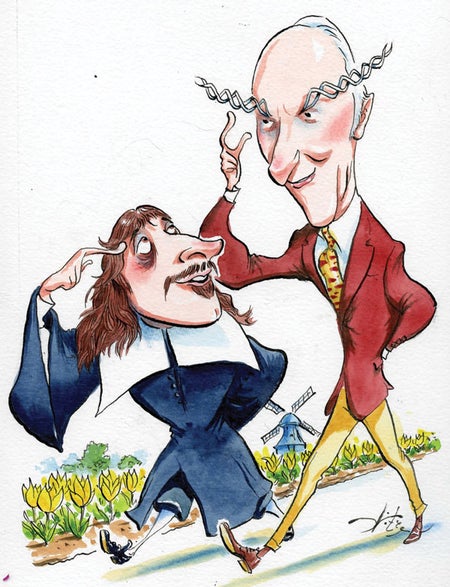
2 Natural Philosophers Discuss the Mind
An imagined conversation explores perspectives on the brain and consciousness
Christof Koch is a neuroscientist at the Allen Institute, chief scientist of the Tiny Blue Dot Foundation, the former president of the Allen Institute for Brain Science, and a former professor at the California Institute of Technology. His latest book is Then I Am Myself the World. Koch writes regularly for a range of media, including Scientific American. He lives in the Pacific Northwest.

2 Natural Philosophers Discuss the Mind
An imagined conversation explores perspectives on the brain and consciousness
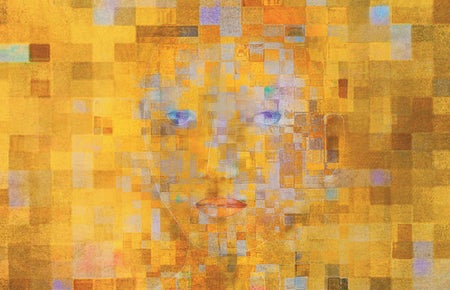
The Face Is an Entryway to the Self
What happens in the brain when you see—really “see”—a friend's smile or scowl
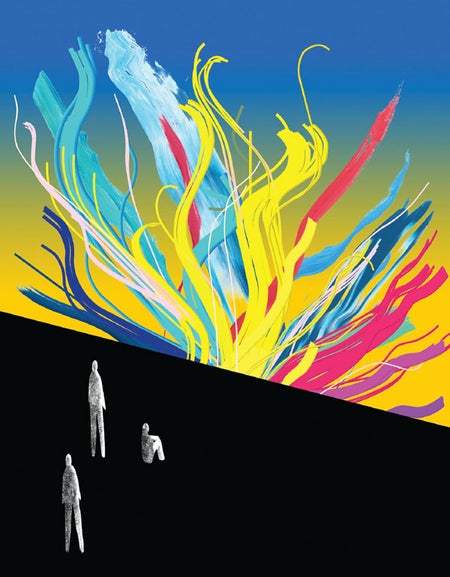
Neuronal "Superhub" Might Generate Consciousness
Could a thin, enigmatic layer of nerve cells be a key component of the networks generating conscious experience?

Consciousness Might Emerge from a Data Broadcast
What is consciousness? A neuroscientist's new book argues that it arises when information is broadcast throughout the brain

Is Consciousness Universal?
Panpsychism, the ancient doctrine that consciousness is universal, offers some lessons in how to think about subjective experience today

What Do Babies Really Know?
A new study finds a possible brain signature of consciousness in infants as young as five months

Neuroscientists and the Dalai Lama Swap Insights on Meditation
An encounter with His Holiness the Dalai Lama and the scientific study of meditation

New Technique Seeks to Measure Consciousness
An electromagnetic gadget to measure the level of consciousness

A Single Brain Cell Stores a Single Concept
Each concept—each person or thing in our everyday experience—may have a set of corresponding neurons assigned to it

Cracking the Retinal Code
Silicon “eyes” to help people with deteriorating vision are around the corner

Safely Switching Consciousness Off and On Again
What can we learn about consciousness from anesthetized patients?
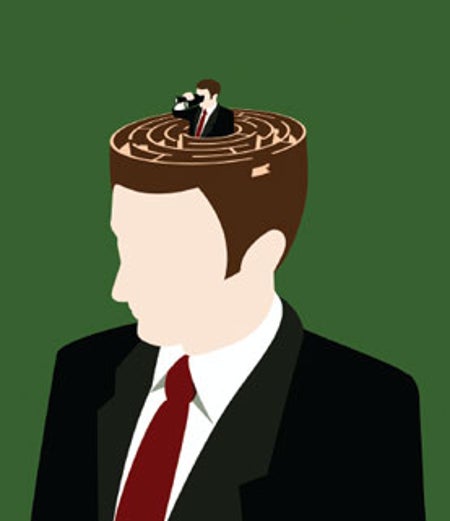
Activating False Fear Highlights a Memory's Neural Trace
New research sheds light--literally--on recall mechanisms
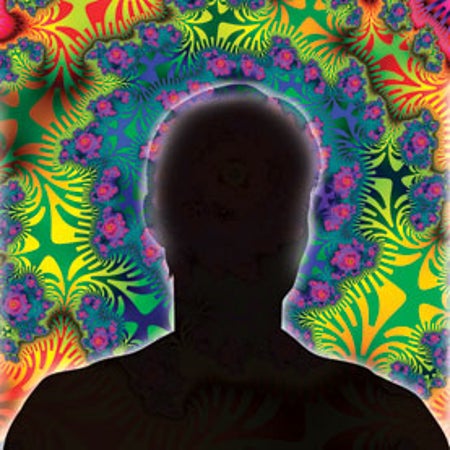
This Is Your Brain on Drugs
To the great surprise of many, psilocybin, a potent psychedelic, reduces brain activity

How Physics and Neuroscience Dictate Your "Free" Will
Physics and neurobiology can help us understand whether we choose our own destiny
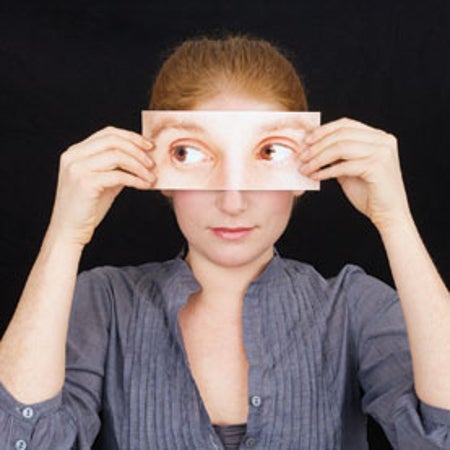
Consciousness Does Not Reside Here
Psychology and functional brain imaging disentangle two closely related processes, attention and consciousness
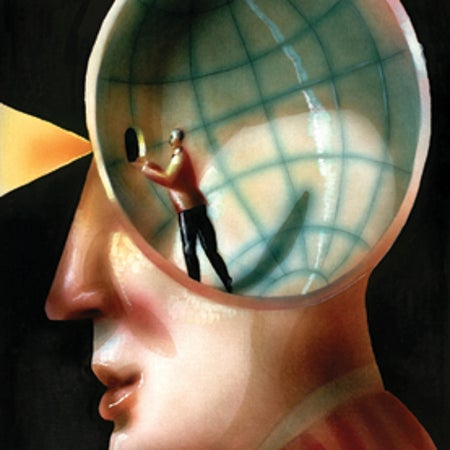
How Neuroscientists Observe Brains Watching Movies
Functional MRI can peer inside your brain and watch you watching a YouTube clip

Probing the Unconscious Mind
Cognitive psychology is mapping the capabilities we are unaware we possess

Testing for Consciousness in Machines
Asking people and computers what's wrong with manipulated photos may tell if there is "anybody home"
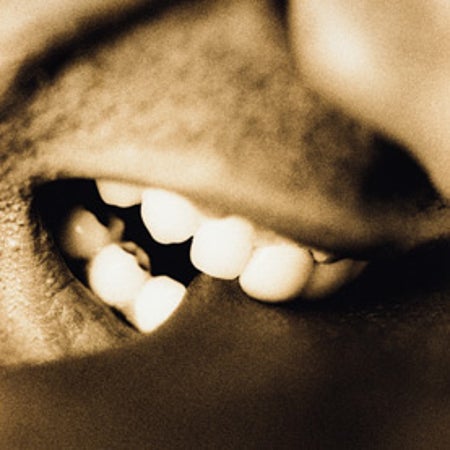
An On/Off Switch for Sex and Violence
Using optical and genetic techniques, neuroscientists have identified an "on/off" switch for aggression in the brain

How Simple Photos Could Be Used as a Test for a Conscious Machine [Contest]
Join Scientific American's contest to show why conscious humans best unconscious computers and win a recently authored book by renowned neuroscientist Christof Koch
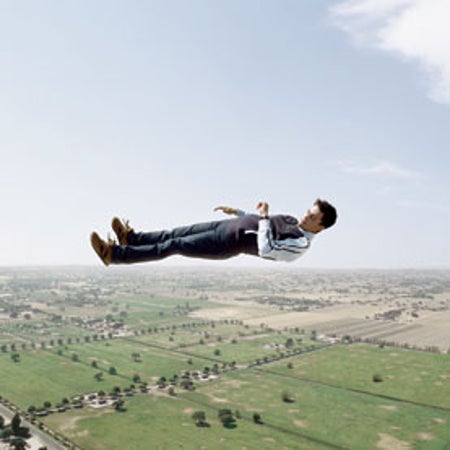
A Test for Consciousness
How will we know when we've built a sentient computer? By making it solve a simple puzzle

Protozoa Could Be Controlling Your Brain
Some protozoa infect the brain of their host, shaping its behavior in ways most suited to the pathogen, even if it leads to the suicide of the host

Being John Malkovich: Personal Control of Individual Brain Cells
An advanced brain-machine interface enables patients to control individual nerve cells deep inside their own brains

Think Different: How Perception Reveals Brain Differences
The ways in which brains differ from one another show up in the ways their owners perceive the world